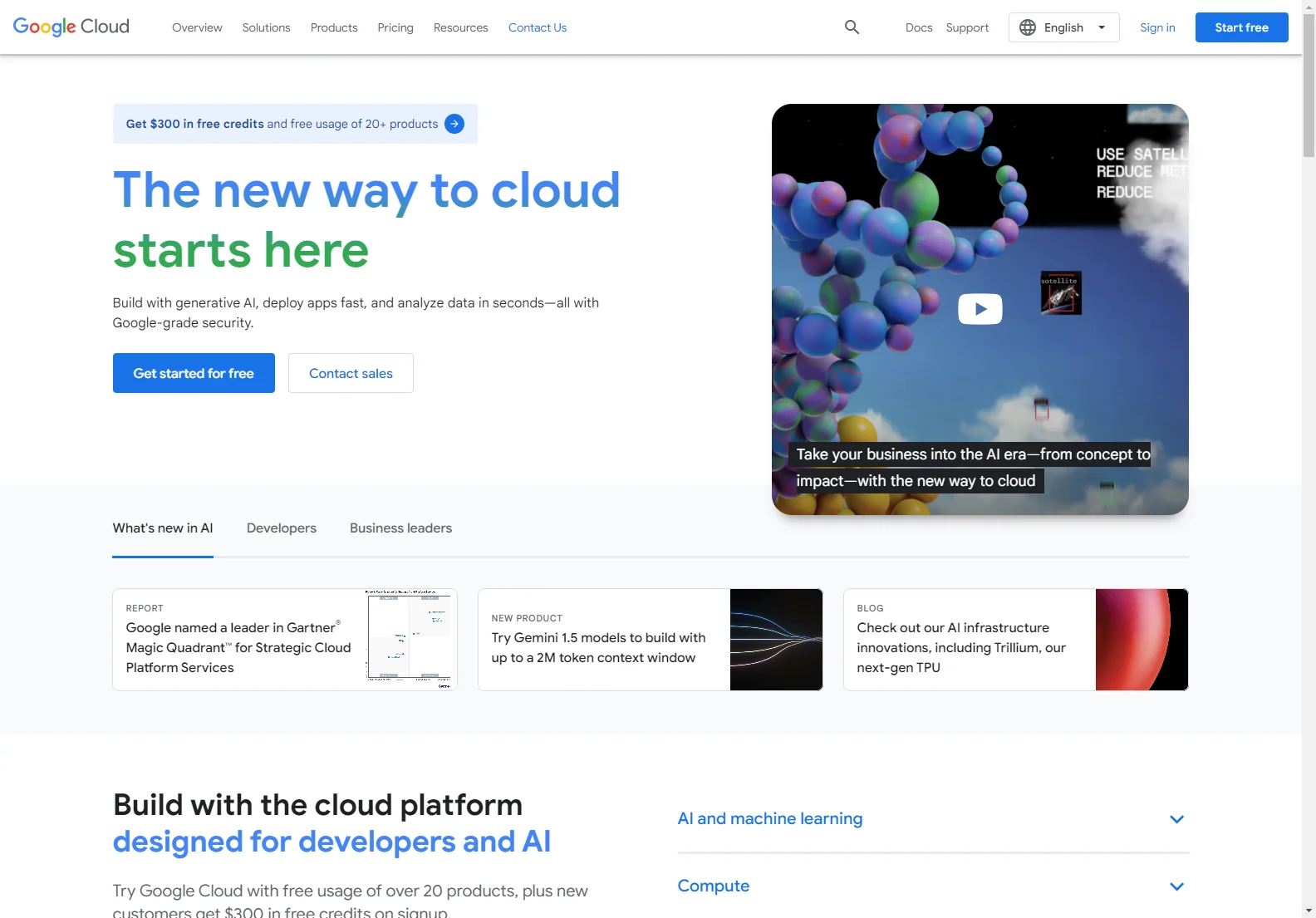Deep Learning Containers: Streamlining Your AI Workflows
Deep Learning Containers from Google Cloud offer a streamlined approach to developing and deploying AI applications. Pre-loaded with essential data science frameworks, libraries, and tools, these Docker containers provide consistent, performance-optimized environments for rapid prototyping and implementation.
Key Features and Benefits
- Pre-installed Frameworks: Save time and effort by leveraging pre-configured environments with popular deep learning frameworks like TensorFlow and PyTorch.
- Optimized Performance: Benefit from performance enhancements tailored for deep learning workloads.
- Consistent Environments: Ensure reproducibility and reduce the risk of environment-related issues across different stages of development and deployment.
- Simplified Workflow: Focus on your AI models, not infrastructure configuration.
- Scalability: Easily scale your deep learning projects as needed.
Use Cases
Deep Learning Containers are suitable for a wide range of AI projects, including:
- Image Classification: Build and deploy models for image recognition and object detection.
- Natural Language Processing (NLP): Develop and run NLP models for tasks such as sentiment analysis, text summarization, and machine translation.
- Time Series Analysis: Analyze time-dependent data to build predictive models.
- Recommendation Systems: Create personalized recommendations for users.
Getting Started
Google Cloud provides comprehensive documentation and resources to help you get started with Deep Learning Containers. The process typically involves choosing a suitable container image, configuring your environment, and deploying your models.
Comparisons with Other Solutions
Compared to setting up deep learning environments from scratch, Deep Learning Containers offer significant advantages in terms of time savings, consistency, and performance. Other cloud-based solutions may offer similar functionality, but Google Cloud's offering is distinguished by its integration with other Google Cloud services and its focus on optimized performance for deep learning workloads.
Conclusion
Deep Learning Containers are a valuable tool for data scientists and AI engineers looking to accelerate their workflows and simplify the process of building and deploying AI applications. Their pre-configured environments, optimized performance, and seamless integration with the Google Cloud ecosystem make them a compelling choice for a variety of deep learning projects.

